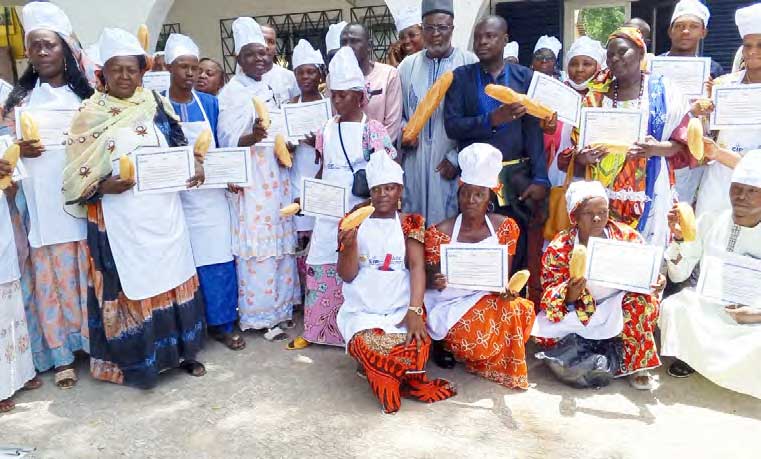Concerns over economic growth have continued to attract much attention since the Covid-19 pandemic in 2020. It has even become more crucial in Africa where the economic structures are highly lacking in industrialization. Generalised lockdowns caused by the Corornavirus had a huge setback in Africa and with the gradual attempts to overcome the disease thanks to the vaccination rollout, analysts are thinking of how best to get the economy back on rail.
An essential factor in the examination of how African countries are getting up from the global recession caused by the pandemic has been to look at the growth objective they have set out to achieve. One such indicator came recently from the London-based firm, the GlobalData. It pointed out that Morocco, Ghana, Kenya, Egypt and South Africa are examples of cases that will see their GDP grow by 4 per cent plus in 2021. This figure is above the 3.8 per cent growth forecast in the continent. While searching for indicators that account for the progress being made by the countries, it is important to underscore that the main factors of production which are land, labour, and capital are in abundance in Africa. But economists have of late added entrepreneurship which is far between and betwixt in Africa.
Natural resources have for a long time remained an asset in Africa, but the problem has been the inability of the continent to transform them into value added chains of production. Some of the reasons being evoked as justification for the difference that some African countries are making after the Covid-19 are interesting to note. GlobaData has, for instance stated that; “Morocco has been moving ahead in leaps and bounds in recent years, having provided the world with produce following promising agricultural seasons. The country’s expected growth of 5.19% was also influenced by its effective vaccination drive, accommodative monetary policies and fiscal stimuli.” This does not mean that it is only the post-Covid-19 period that has accounted for the situation in Morocco. The country has for long carried out a number of efforts in governance, infrastructural development, aggressive investments, and the provision of services such that the setbacks resulting from the pandemic could not bring down its economy so drastically.
The other countries have either been counting on the rise in external demand for commodities or private consumption to make the difference. However, a nation like South Africa may have to put in place concrete measures to check incidents like the recent protests that led to widespread looting in the country if it must attain the 4.09 per growth earmarked for 2021. An easy parallel in this regard can be seen from a country like Nigeria where the GDP has been placed at only 2.3 per cent in spite of its huge potentials. The reasons being advance for such a slow take include: heightened insecurity, ri...
















Commentaires